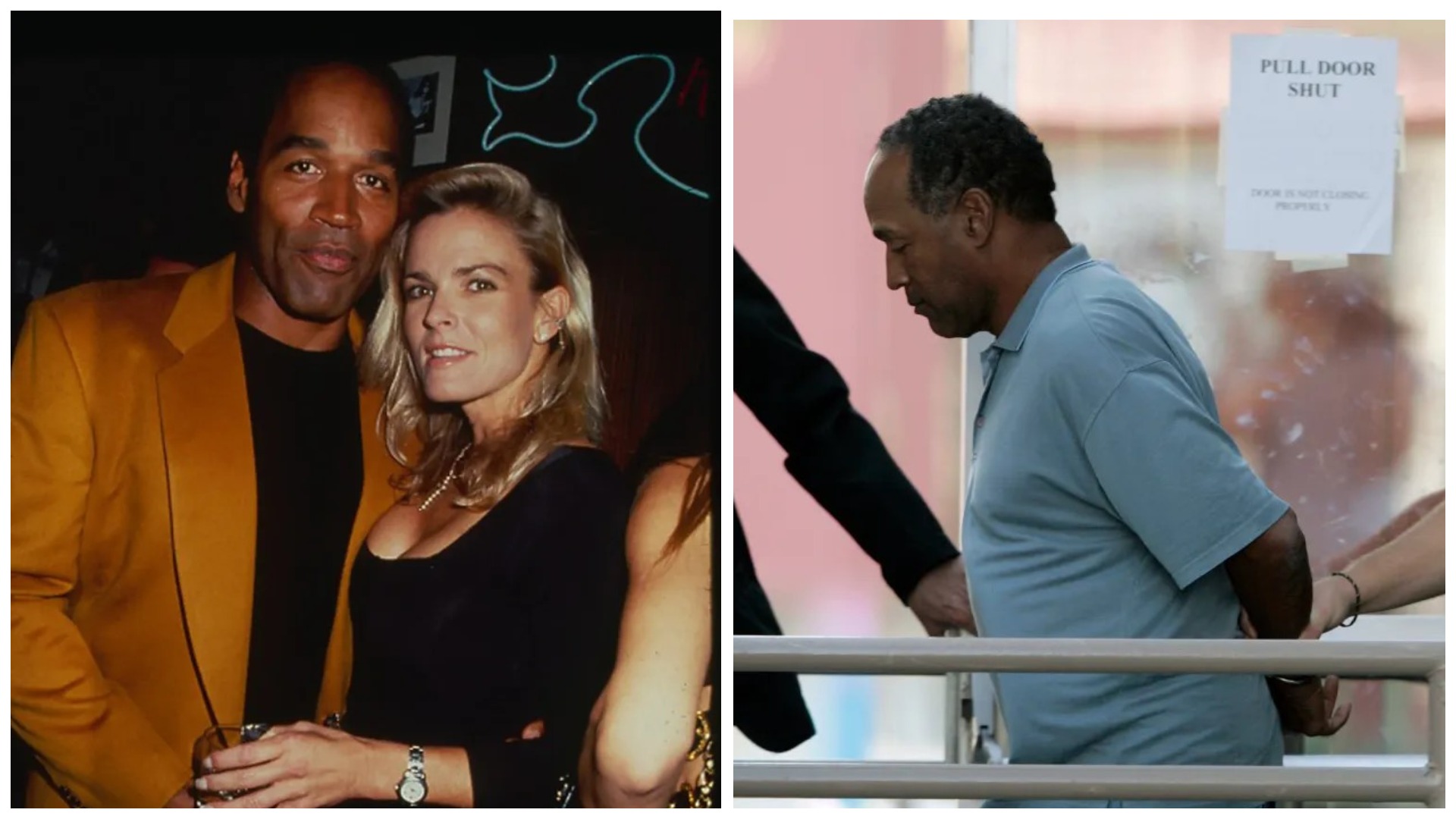This story begins with one of the most infamous trials of the 20th century: the murder of Nicole Brown Simpson and Ron Goldman. In 1995, O.J. Simpson was acquitted in what became known as “The Trial of the Century.” Millions watched as he walked free. Yet, doubts lingered. The whispers never stopped.

Fast forward to 2024, months before Simpson’s death. His former bodyguard, Iroc Avelli, now claims that Simpson privately admitted to the killings. Avelli alleges he secretly recorded Simpson, capturing the words everyone thought they’d never hear. According to him, the recordings — stored on thumb drives — were recently seized by police under mysterious circumstances .

The bodyguard insists this was no accident. He says Simpson’s confession was deliberate, spoken in a moment of reflection and despair. “He wanted it off his chest,” Avelli told reporters. But instead of closure, the alleged evidence sparked chaos.
Almost immediately, legal battles erupted. Avelli’s lawyer accused law enforcement of unlawfully confiscating the devices. “They know what’s on those drives,” he argued, “and they don’t want the public to hear it.” Families of the victims demanded answers. True crime communities lit up overnight — podcasts, TikToks, Reddit threads — all dissecting the claims.
Some experts called it “a horrible discovery,” proof that the justice system had failed. Others dismissed it as fabrication, a bid for money or fame. Was the tape genuine? Or was it just another cruel twist in a case already drenched in tragedy?

Scientists, audio analysts, and forensic specialists were drawn into the firestorm. If the files could be authenticated, they might represent the first undeniable piece of truth since the murders. But there was another layer: why had Avelli kept them hidden for so long? And why release them only after Simpson’s death?
The drama unfolded like a thriller. Journalists camped outside courthouses. Former prosecutors went live on television, their voices heavy with disbelief. “If this is real,” one said, “it changes everything.”
But just as quickly, skepticism grew. If Simpson had really confessed, why wasn’t the world hearing the audio? Why had the supposed evidence vanished into police custody? Was it being buried — again?
The public divided into camps. Some believed Simpson’s ghost was finally speaking the truth. Others argued the story was a cruel myth, designed to keep his legacy in infamy. Still, the idea of a voice from beyond the grave — a confession hidden for decades — proved irresistible.
And perhaps that was the ultimate twist: even in death, O.J. Simpson commanded the world’s attention.

Conclusion
What started as a shocking claim by a former bodyguard exploded into a storm of suspicion, grief, and fascination. The “Trial of the Century” had ended nearly three decades ago, but the wound was ripped open again.
Was the recording real? Was it a hoax? We may never know. But one fact is certain: the alleged confession — whispered, recorded, and sealed on a thumb drive — has already changed the story.
Sometimes, the truth doesn’t set you free. Sometimes, it keeps the world haunted forever.

